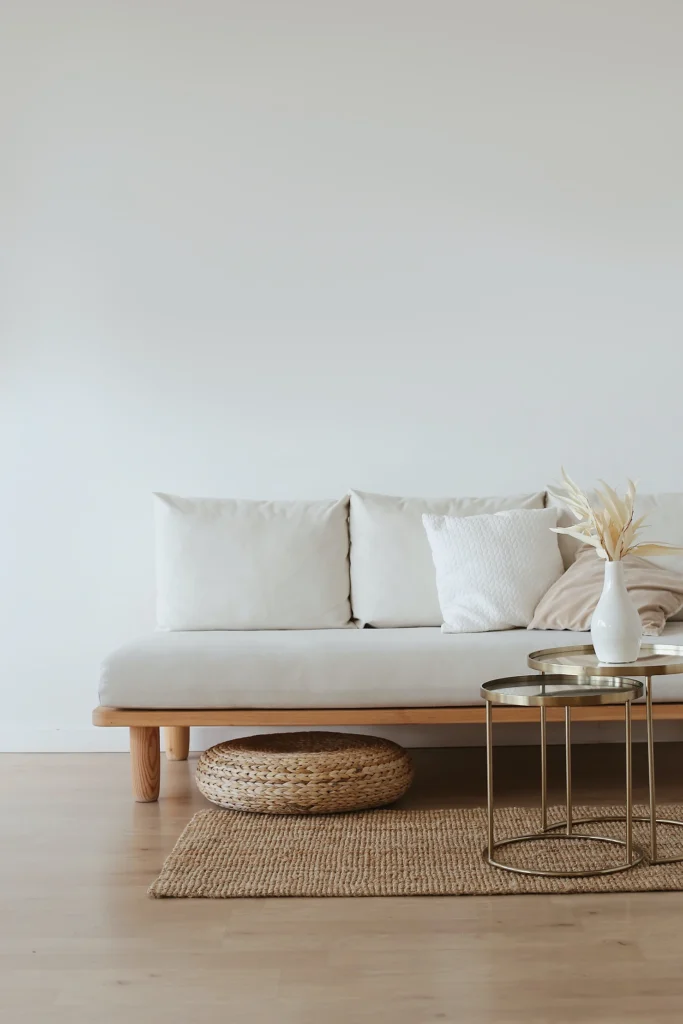Check the full 21 Day Wellbeing Challenge, Day #14

Why decluttering is so beneficial?
Decluttering can lead to a more organized, less stressful, and more productive life. It’s about creating a space that supports your well-being and goals while minimizing distractions and stressors.
Decluttering can be a beneficial practice for creating a more peaceful, efficient, and mindful environment. It’s the process of removing unnecessary items or possessions from your home, workspace, or life. It’s an effective way to simplify your surroundings and create more space, both physically and mentally. Here are some reasons why decluttering is good:
- Reduces stress: Cluttered spaces can be overwhelming and can create feelings of stress and anxiety. Decluttering can help create a more organized and calming environment, which can help reduce stress levels.
- Increases productivity: When you declutter your workspace, you can increase productivity by eliminating distractions and creating a more efficient work environment. This can help you focus better and get more done.
- Saves time: When you have fewer possessions and a more organized living space, you can save time by finding things more easily and spending less time cleaning and maintaining your belongings.
- Promotes mindfulness: Decluttering can be a mindful practice that helps you become more aware of your possessions and how they contribute to your life. It can help you focus on what’s important and let go of what’s not.
- Creates a sense of control: Decluttering can give you a sense of control over your surroundings and your life. It can help you feel more organized, in control, and empowered
The best way to start decluttering is to begin with small, manageable tasks and work your way up to larger areas. Here are some steps you can follow:
- Set a goal: Decide what you want to achieve through decluttering. For example, you may want to create more space, simplify your life, or reduce stress. Having a clear goal in mind can help you stay motivated.
- Start small: Choose a small area to start with, such as a single drawer, shelf, or corner of a room. This will help you build momentum and feel a sense of accomplishment.
- Sort items: Go through the items in the area you’ve chosen and sort them into categories such as keep, donate, sell, or throw away. Be honest with yourself and try to let go of items that no longer serve a purpose in your life.
- Organize what you keep: Once you’ve decided what to keep, organize it in a way that makes sense to you. Use storage containers, labels, or other organizing tools to help you stay organized.
- Repeat: Once you’ve finished decluttering one area, move on to the next. Over time, you’ll be able to declutter larger areas and create a more organized living space.
By being mindful of your consumption habits and making intentional choices, you can better control the influx of clutter in your life and create a more intentional and clutter-free living environment, even in a fast-paced, consumer-driven world.
It’s important to review your spending and purchasing habits. Practice mindfulness when making purchasing decisions. Take a moment to consider whether an item aligns with your values and goals.
- Avoid Impulse Buying: When tempted to make an impulse purchase, give yourself a cooling-off period. Delay the decision and see if you still want the item after some time has passed.
- Buy Secondhand: Consider buying used or secondhand items whenever possible. This can help reduce the demand for new products and minimize waste.
Remember, decluttering is a continuous process, and it’s important to be patient with yourself. It’s also helpful to celebrate your progress along the way to help you stay motivated.




Leave a Reply